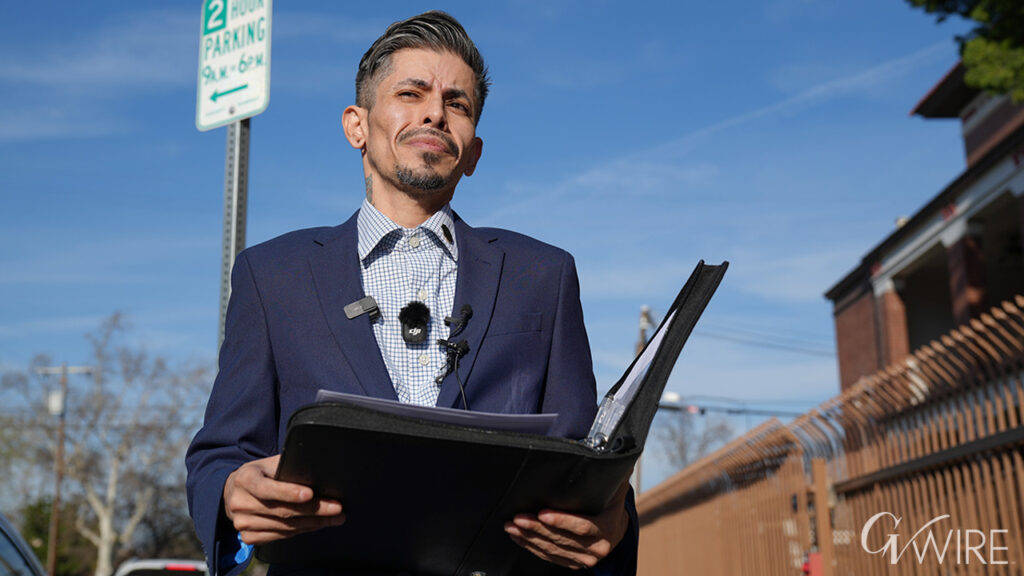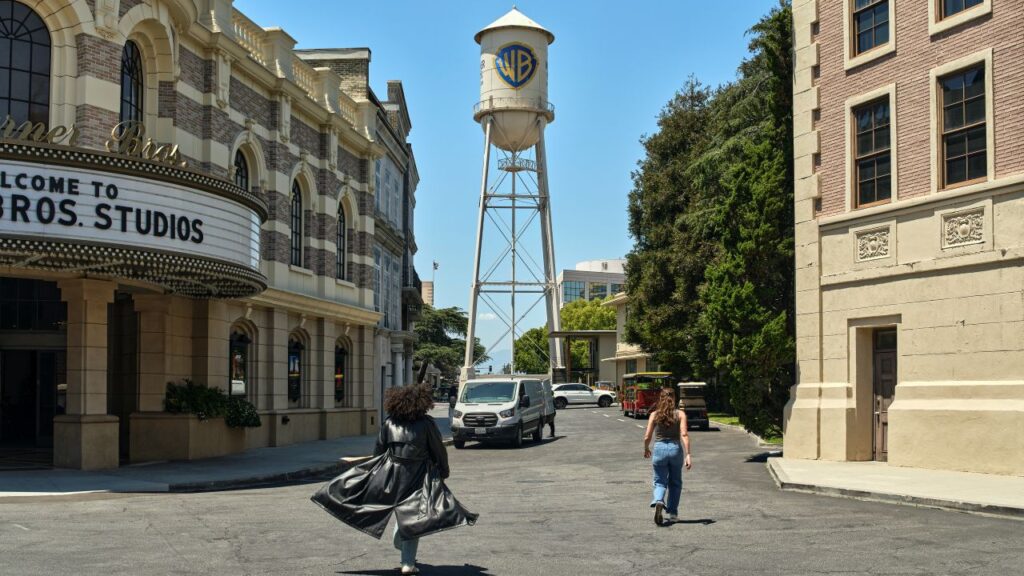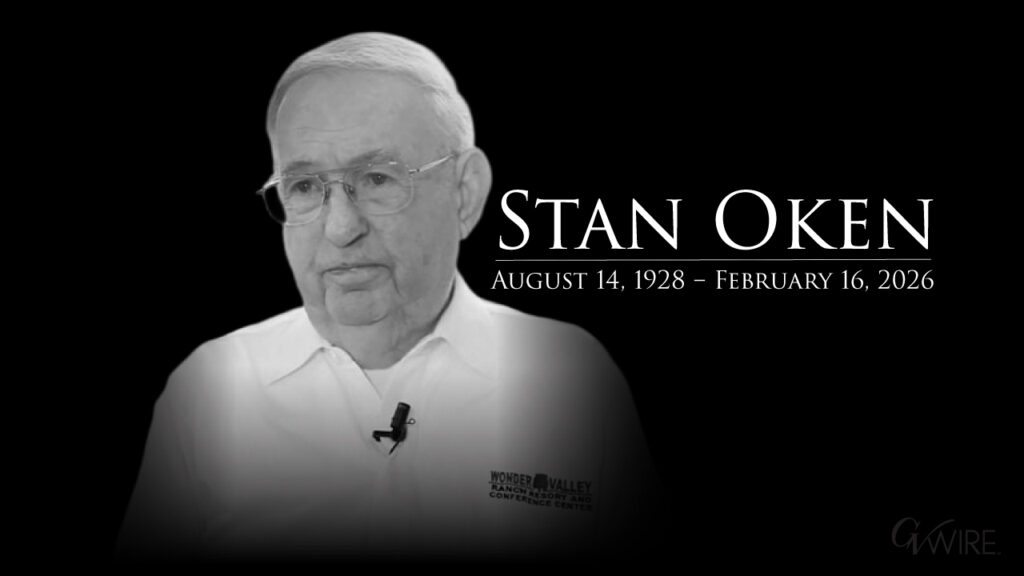For California laws, the buck does really stop at Gov. Gavin Newsom’s desk.
While the Legislature approves hundreds of bills each session — and will add to that list before adjourning Saturday — Newsom decides whether they become law.
As of Aug. 15, Newsom had signed 164 bills and vetoed four. He has until Sept. 30 to decide on bills passed in the final days; he sometimes waits until right before the deadline to weigh in on contentious ones.
Newsom gives a few typical reasons for vetoing bills: He deems them redundant, or calculates that their potential cost threatens to worsen the state’s budget situation. But he also blocks bills because they’re controversial, or opposed by powerful special interests.
Last year, Newsom vetoed 156 bills and signed 890, or about 15%, a similar ratio as in 2022, when he blocked some very significant ones. In 2021, he vetoed less than 8%. While the Legislature can override vetoes, it takes a two-thirds vote in both the Assembly and Senate and that rarely happens. Governors can also allow bills to become law without their signature, but that doesn’t occur very often, either.
Here are some noteworthy bills being tracked by CalMatters reporters.
Related Story: As Inflation Keeps Hitting Pocketbooks, Newsom Scrambles for Answers
Allow Civilian Officers to Testify

By Ryan Sabalow
WHAT THE BILL WOULD DO
Senate Bill 804 would allow community service officers — uniformed police department civilian employees who don’t have arrest powers — to testify at preliminary hearings where authorities present evidence to a judge who decides whether to move ahead with a full felony trial. Witnesses or victims are still required to testify in a trial. As it stands, only sworn officers are allowed to testify at “prelims,” despite community service officers often taking witness statements at crime scenes and during investigations.
WHO SUPPORTS IT
The Redding Police Department brought the issue to the attention of the region’s senator, Republican Brian Dahle, arguing that as police budgets shrink, community services officers should be allowed to testify to free up sworn officers for other duties. The California State Sheriffs Association, the California Police Chiefs Association, San Francisco Mayor London Breed and the state’s police union support the legislation. Proponents say that it would keep officers from having to re-interview witnesses. Plus, they argue that having fewer armed officers interacting with witnesses helps address concerns about over-policing in communities of color.
WHO IS OPPOSED
ACLU California Action, criminal defense attorneys, including the California Public Defenders Association, and social justice groups opposed the legislation. They argue that the changes could lead to shoddy testimony being admitted into legal proceedings where a suspect’s freedom is on the line. They argue that preliminary hearings are already tilted in the favor of police and prosecutors. “The bottom line is that preliminary hearings are so problematic right now,” Ignacio Hernández of California Attorneys for Criminal Justice, told the Assembly Public Safety Committee this summer.
WHY IT MATTERS
Since 1990, the state’s population has grown by nearly 10 million people, yet the numbers of California’s sworn patrol officers have dropped to below where they were in 1991, according to a recent report from the Public Policy Institute of California. Sworn officer staffing shortages are particularly prevalent in rural areas such as those in Dahle’s sprawling Senate district in northeastern California.
At the same time, in the wake of high-profile cases of unjustified police violence, social justice advocates have been urging California lawmakers and local governments to scale back the numbers of armed police patrolling communities of color. Some communities are deploying unarmed social or mental-health workers trained to defuse confrontations in situations where armed officers used to be the sole respondents.
GOVERNOR’S CALL
Expedite Gender-Affirming Care Licenses
WHAT THE BILL WOULD DO
AB 2442, authored by Los Angeles Democrat Rick Chavez Zbur, would speed up the licensure process for gender-affirming healthcare providers. The bill does not change the requirements to get a license; rather it prioritizes applicants who intend to practice gender-affirming healthcare or gender-affirming mental health care. As part of a package of new laws on abortion access, the legislature passed a similar law in 2022 to expedite licenses for abortion service providers after the U.S. Supreme Court overturned Roe vs. Wade. AB 2442 has a sunset clause, so the legislature would reevaluate the need for the bill in four years.
WHO SUPPORTS IT
Planned Parenthood Affiliates of California and Equality California are sponsors of the bill, which also has support from organizations that support LGBTQ+ rights, reproductive justice and healthcare access.
WHO IS OPPOSED
The California Family Council, Our Duty Democrat, Protect Kids Initiative and Protection of the Educational Rights of Kids Advocacy are recorded opponents of AB 2442. The latter group says that other providers should also get expedited licensing, and that the bill could hurt other areas of medicine. Instead, they want to add more staff to the Department of Consumer Affairs so that all medical providers can get licensed more efficiently. The other organizations have concerns about the safety of children undergoing gender reassignment surgery or hormone therapy before their brains fully develop, saying it could harm mental health and lead to infertility.
WHY IT MATTERS
Twenty-six states have passed laws that ban gender-affirming care. In a 2022 survey by the National Center for Transgender Equality, 47% of transgender respondents said they had considered moving to another state because of these laws. In California, patients seeking gender-affirming care at Stanford Medical Center often have to wait six to eight months to get an appointment. Supporters say AB 2442 would allow California to keep up with the demand from out-of-state patients while continuing to support in-state patients. In 2022, California passed a law protecting those receiving or providing such treatment from prosecution by other states.
GOVERNOR’S CALL
Related Story: Newsom Gives His Veto Pen a Workout. Which Big Bills Did He Bounce?
























